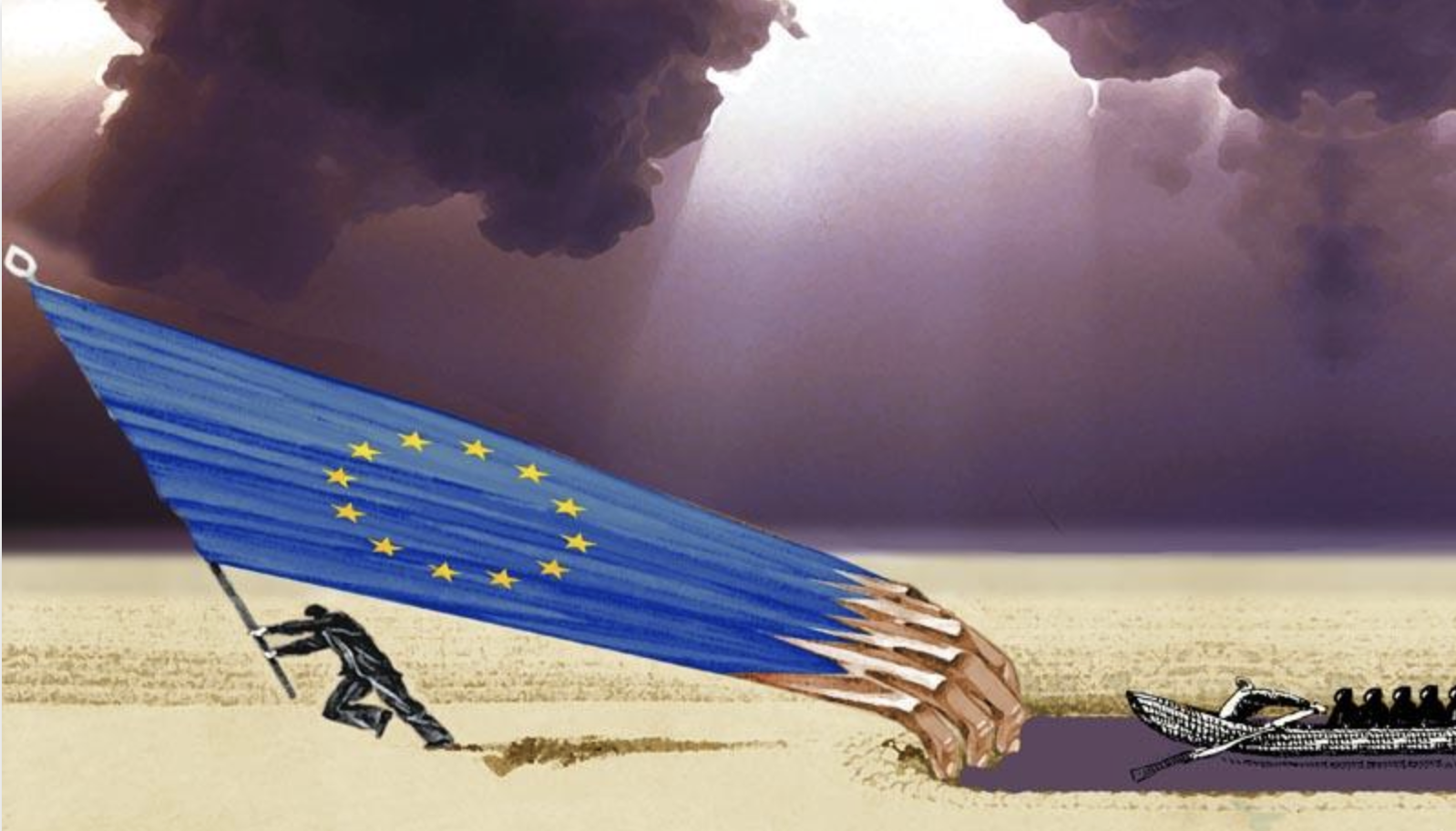On 9 May, Egypt’s Minister of Labor Hassan Shehata and Greek Minister of Immigration and Asylum Dimitris Kairidis (New Democracy, right), met in Cairo and agreed to kick-start the incorporation of 5,000 Egyptian seasonal workers into Greece’s agricultural sector. The plan had already been discussed in 2022 under an agreement to enhance cooperation between the two countries on migration.
Rushed to come into effect after the signature, in March 2024, of the EU’s €7.4 billion-worth strategic and comprehensive partnership to support Egypt and battle irregular migration, the decision also responds to Greece’s deep labour shortage, especially in the agriculture sector.
Despite holding the second-highest unemployment rate in the EU just after Spain, Greece has benefited from an agriculture sector sustained by foreign workers since the arrival of Albanians in the early 90’s. However, the perpetuation of indecent working conditions is making even migrant workers leave Greece for better opportunities, forcing the government to resort to bilateral agreements such as the recent one with Egypt, but not exclusively.
Greece also signed a Memorandum of Understanding with Bangladesh in 2022, which claimed it would start bringing in 4,000 Bangladeshi workers per year on a regular manner as well as start the regularisation process of the thousands already in Greece.
Although the regularisation of many of those already in the country has been successful, newcomers hardly come, and if they do, they leave, Vasilis Kerasiotis, a Greek migration lawyer who served as legal consultant in the elaboration of the Greece-Bangladesh bilateral agreement, told Voxeurop.
While he says that these agreements “set a minimum background for legal workers and legal entry procedures”, and that “documented people are less vulnerable to suffer from exploitation”, he notes that “if the agreements are not properly implemented they are pointless”. Kerasiotis doubts that the people coming under such agreements will remain in Greece, “those arriving under other immigration laws have left, they do not stay”. The reason for that being that the conditions seen at Greece’s harvest fields remain little different than those judged against by the European Court of Human Rights (ECHR) in the case known as “Manolada”.
Risks of exploitation
Do you like our work?
Help multilingual European journalism to thrive, without ads or paywalls. Your one-off or regular support will keep our newsroom independent. Thank you!
















